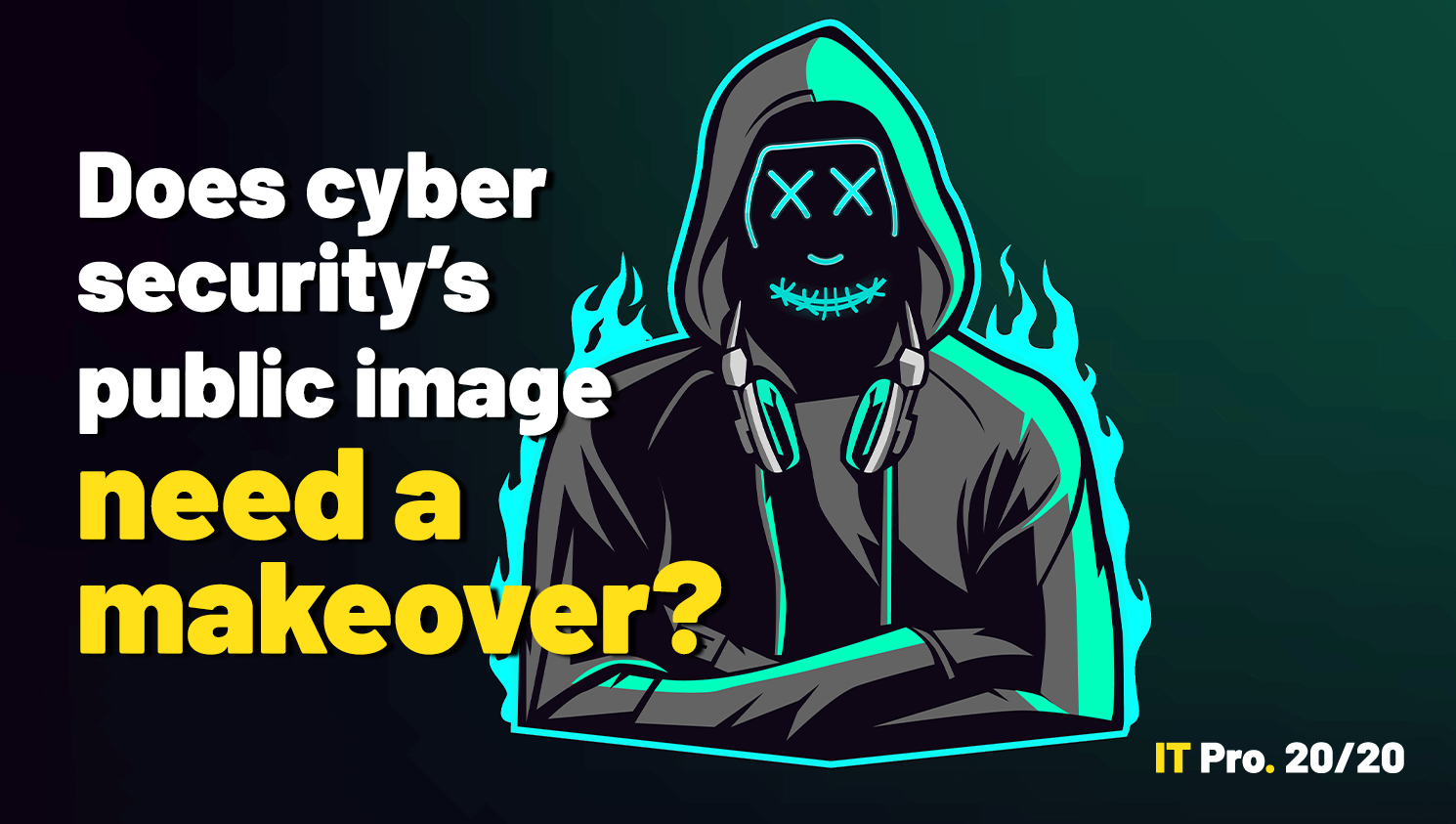Poly Network hacker returns $342 million of stolen assets
Hacker states that they are “not very interested in money”


The hacker behind what is considered to be the biggest cryptocurrency heist in history has now returned $342 million (£247 million) worth of stolen assets.
This is according to Poly Network, a blockchain platform that fell victim to the virtual robbery on Tuesday, having lost $610 million (£440 million) worth of Ether, Binance, and USDC tokens.
The company made the announcement on its Twitter page, that as of 8pm UTC (9pm BST) on Thursday, it had been reunited with $256 million worth of BSC, $4.6 million Ethereum, and $85 million Polygon – more than half of the total stolen assets.
“The remaining is $268M on Ethereum,” Poly Networks stated.
The hacker behind the heist started returning the stolen cryptocurrency tokens on Wednesday afternoon following an open letter published by the company, urging the hackers to “establish communication”. It also asked miners of affected blockchain and crypto exchanges to "blacklist tokens” associated with the hacker’s wallet.
Meanwhile, the hacker decided to explain their reasoning behind the heist by publishing a three-page Q&A which was found embedded in the Ethereum transactions sent to Poly Networks by the hacker.
In the Q&A, which was shared by Elliptic chief scientist & co-founder Tom Robinson, the hacker stated that they hack “for fun” and that they are “not very interested in money”. They added that the stolen assets would be returned in due time in order to preserve their identity:
Get the ITPro daily newsletter
Sign up today and you will receive a free copy of our Future Focus 2025 report - the leading guidance on AI, cybersecurity and other IT challenges as per 700+ senior executives
RELATED RESOURCE

IT Pro 20/20: Does cyber security's public image need a makeover?
Issue 18 of IT Pro 20/20 looks at recent efforts to retire the 'hacker' stereotype, and how the threat landscape has changed over the past 20 years
“I understood the risk of exposing myself even if I don’t do evil,” they said, before adding that they “prefer to stay in the dark and save the world”.
They also alluded to the fact that they might be a white hat hacker, saying that they chose to steal the assets in order to make the public aware of the bug found in Poly Network’s system and prevent the platform from patching it “secretly without any notification”.
However, according to London-based blockchain analytics and compliance company Elliptic, the hacker is unlikely to escape the consequences of their actions:
“Whatever the motivation for the hack, these events have demonstrated how difficult it is [to] profit from theft or any other illicit activity using cryptoassets. The transparency of the blockchains allowed crowd-sourced, real-time collaboration between protocol developers, stablecoin issuers, blockchain analytics companies and the wider community, to ensure the hacker would not be able to disappear with the stolen assets,” its analysis stated.
“Despite the return of the funds, the hacker might well still find themselves being pursued by the authorities. Their activities have left numerous digital breadcrumbs on the blockchain for law enforcement to follow, aided by blockchain analytics tools.”
Having only graduated from City University in 2019, Sabina has already demonstrated her abilities as a keen writer and effective journalist. Currently a content writer for Drapers, Sabina spent a number of years writing for ITPro, specialising in networking and telecommunications, as well as charting the efforts of technology companies to improve their inclusion and diversity strategies, a topic close to her heart.
Sabina has also held a number of editorial roles at Harper's Bazaar, Cube Collective, and HighClouds.
-
 Why keeping track of AI assistants can be a tricky business
Why keeping track of AI assistants can be a tricky businessColumn Making the most of AI assistants means understanding what they can do – and what the workforce wants from them
By Stephen Pritchard
-
 Nvidia braces for a $5.5 billion hit as tariffs reach the semiconductor industry
Nvidia braces for a $5.5 billion hit as tariffs reach the semiconductor industryNews The chipmaker says its H20 chips need a special license as its share price plummets
By Bobby Hellard
-
 Why the Space Force wants white hats to attack a satellite
Why the Space Force wants white hats to attack a satelliteCase study Authorities hope the first-of-its-kind competition could bring benefits to the cyber sector
By James O'Malley
-
 OpenAI to pay up to $20k in rewards through new bug bounty program
OpenAI to pay up to $20k in rewards through new bug bounty programNews The move follows a period of unrest over data security concerns
By Ross Kelly
-
 New ‘DarkBit’ ransomware gang shuts down Technion, demands $1.7 million ransom
New ‘DarkBit’ ransomware gang shuts down Technion, demands $1.7 million ransomNews A politically charged ransom note suggests DarkBit are one of the newest hacktivist gangs to emerge in recent months
By Ross Kelly
-
 Research: Luxury cars and emergency services vehicles vulnerable to remote takeover
Research: Luxury cars and emergency services vehicles vulnerable to remote takeoverNews A "global API issue" has been highlighted through months-long research into brands such as Ferrari and Mercedes-Benz, leaving owners open to hacking, account takeovers, and more
By Rory Bathgate
-
 Podcast transcript: Meet the cyborg hacker
Podcast transcript: Meet the cyborg hackerIT Pro Podcast Read the full transcript for this episode of the IT Pro Podcast
By IT Pro
-
 The IT Pro Podcast: Meet the cyborg hacker
The IT Pro Podcast: Meet the cyborg hackerIT Pro Podcast Resistance is futile - offensive biotech implants are already here
By IT Pro
-
 SpaceX bug bounty offers up to $25,000 per Starlink exploit
SpaceX bug bounty offers up to $25,000 per Starlink exploitNews The spacecraft manufacturer has offered white hats immunity to exploit a wide range of Starlink systems, with a dedicated report page
By Rory Bathgate
-
 Nomad happy to forgive hackers if they return 90% of $190 million that was stolen
Nomad happy to forgive hackers if they return 90% of $190 million that was stolenNews The crypto bridge is offering 'white hat hackers' a 10% bounty following the attack earlier this week
By Zach Marzouk